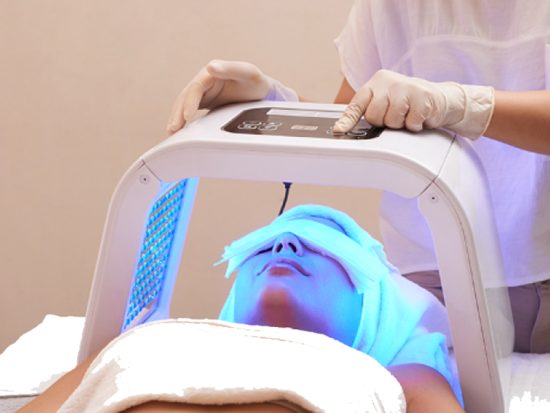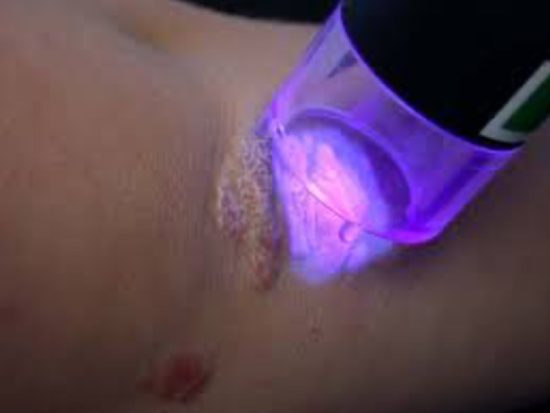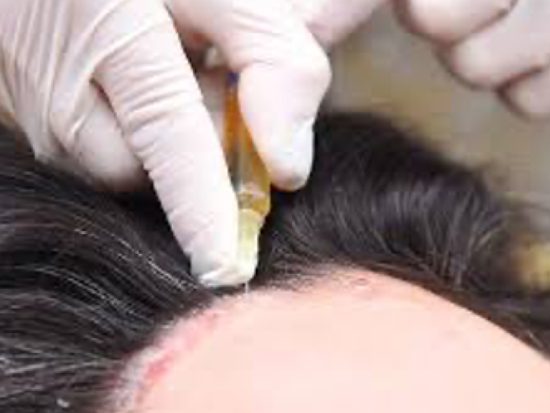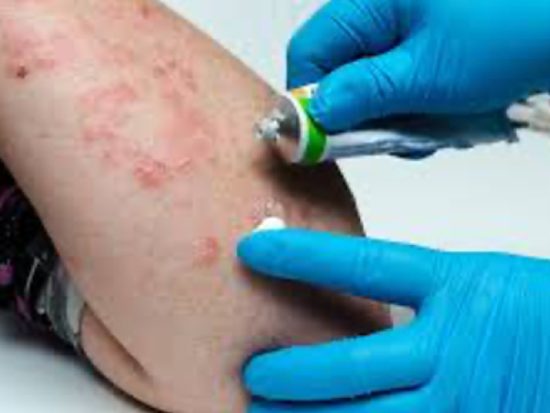Fundamental of Real-World Evidence Studies

Psoriasis and Eczema are two chronic inflammatory skin conditions. These conditions are not life-threatening but often create a lot of discomfort and frustration for patients. They range from mild to severe. Although the traditional methods for the treatment gave no proper relief to the patients and often led to relentless cycles of flare-ups, there have been recent advancements in the management of Eczema and Psoriasis. The new therapies not only ease the symptoms but also provide greater relief by improving the overall quality of life. Latest advances in Chronic Skin Condition Management.
Photodynamic Therapy

As per recent studies, Narrowband UVB phototherapy is the most effective treatment for the above skin conditions. The treatment includes using a UV wavelength of 311-313 nm at the site of inflammation, approved by the FDA. The UV rays are often used in conjunction with corticosteroids to provide faster relief and an effective outcome.
XTRAC Laser Therapy

This is one of the most prominent and promising treatment options for Eczema and Psoriasis. This treatment uses a UV light that helps to slow down the rapid skin cell turnover. It delivers a controlled dose of UV light on the affected areas to limit the growth, which in turn helps to calm the inflammation.
AI Algorithms
Convolutional Neural Networks (CNN) is the latest tool dermatologists use for image recognition, which helps identify and classify chronic skin conditions based on skin lesions. It helps to identify the disease progressions and early detection of the disease. It will also be helpful for clinicians to create tailored treatment options and reduce the trial-and-error method for disease relief.
Biologic Therapy (Pre-Clinical Study)

CRISPR/Cas9 is a gene-editing tool that enables precise modification of DNA, offering a cure for eczema and psoriasis. It corrects mutations such as those in the filaggrin gene linked to skin barrier defects in eczema. It also allows modulation of immune responses by targeting cytokine-related genes like IL-17, IL-23, and IL-4/13. Additionally, CRISPR can suppress pro-inflammatory genes or boost protective factors in skin and immune cells, addressing the diseases at their root cause.
Topical Treatment

Janus Kinase Inhibitors is an emerging topical and oral medication that can interrupt cytokine signalling. Drugs like Upadacitinib and Abrocitinib show a rapid onset of action and substantial itch relief for the patients. This therapy offers a more targeted approach compared to the older treatment options.
Monoclonal Antibody
A monoclonal antibody drug called Dupilumab (Dupixent) has been approved by the FDA for the treatment of chronic skin conditions. The drug is injected under the skin, which blocks the chemicals in the immune system that lead to inflammation. Nemolizumab is also an FDA-approved drug that blocks the protein that causes itching in the patients.
Summary
The innovations in dermatology are revolutionary, from immunomodulatory biologics and small-molecule inhibitors to gene-editing techniques. Advanced treatment options improve symptom management and lead toward potential disease prevention. As research continues to evolve, the possibilities for increasingly personalized, effective, and durable treatments for eczema and psoriasis become more promising.